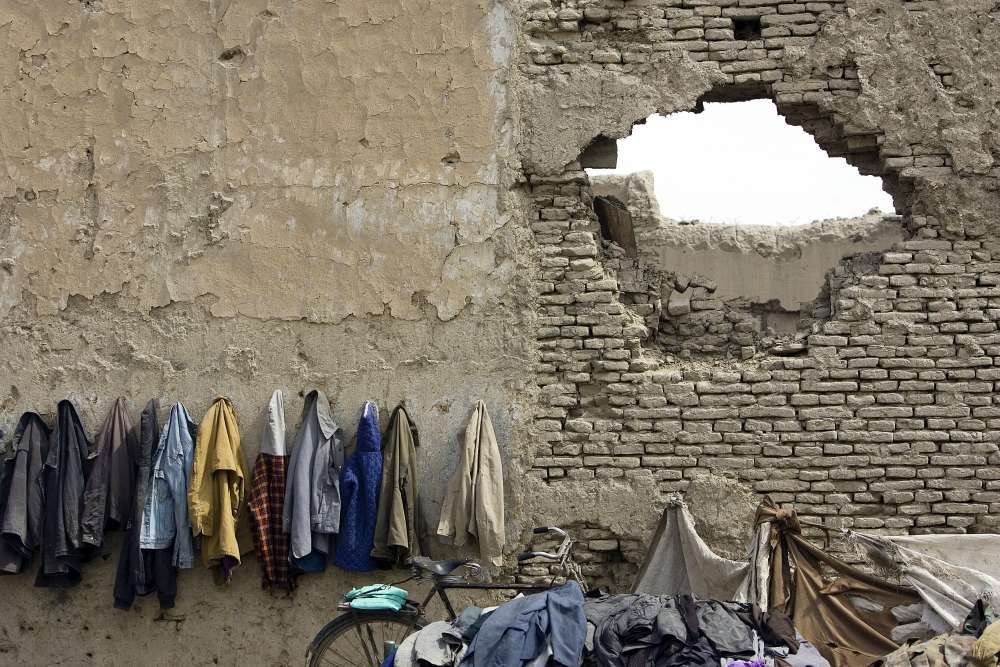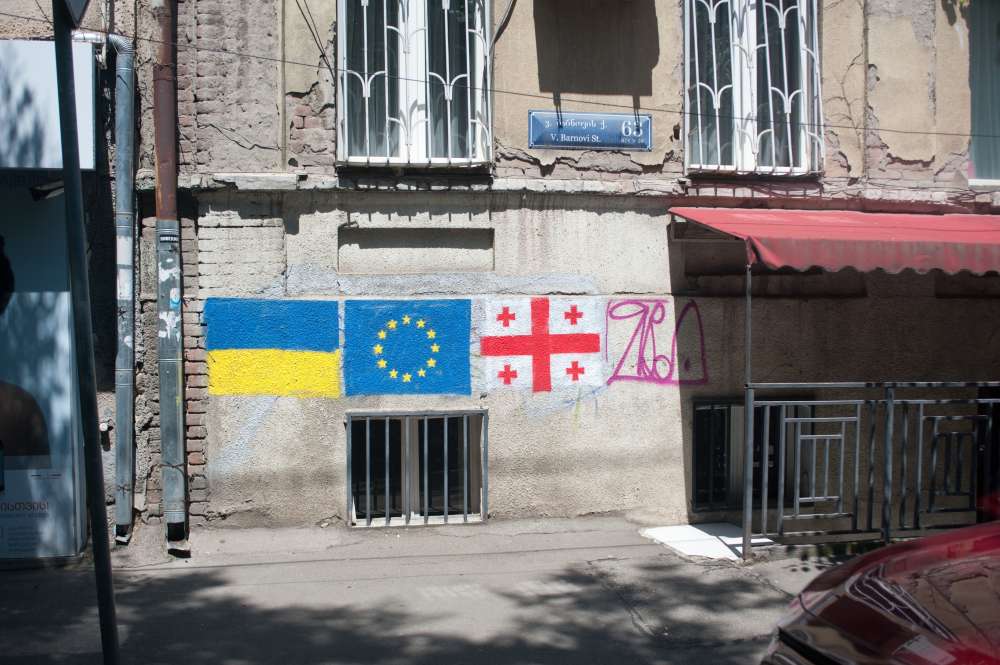Brazil as a Norm Entrepeneur
The “Responsibility While Protecting” Initiative
On 21 September 2011, Brazil’s president Dilma Rousseff declared in a speech to the UN General Assembly: “Much is said about the responsibility to protect; yet we hear little about responsibility in protecting. These are concepts that we must develop together.” In the following months, the Brazilian government took the concept development into its own hands. A group of young diplomats in the Ministry of Foreign Affairs swiftly drafted a concept paper titled “Responsibility While Protecting: Elements for the Development and Promotion of a Concept.” On 9 November 2011, Brazilian UN Ambassador Maria Luiza Ribeiro Viotti presented the concept to the Security Council. Through this initiative, Brazil broke new ground. For the first time, the country brought forward a far-reaching proposal on developing a critical global norm touching on the very bedrock of global order. The fact that Brazil chose the contested debate on the “Responsibility to Protect” (R2P) for this initiative underlines the ambitions of foreign minister Antonio de Aguiar Patriota for Brazil to be a global player. In doing so, Brazil engaged as a “norm entrepreneur,” a role that the established powers see as their chasse gardée.
The “Responsibility While Protecting” (RWP) initiative builds on the R2P concept, which member states adopted at the UN World Summit in 2005. R2P covers four trigger threats: genocide, war crimes, ethnic cleansing and crimes against humanity. In 2008, UN Secretary-General Ban Ki-moon and his first special representative for R2P, Edward C. Luck, developed the “pillar approach” to better conceptualize the different dimensions of R2P. The first pillar stresses that states have the primary responsibility to protect populations within its borders. The second pillar refers to the international community’s duty to assist states to build their capacity to protect their populations. The third pillar covers the responsibility of the international community to take “timely and decisive action” to prevent and stop genocide, war crimes, ethnic cleansing and crimes against humanity if a state fails to protect its population.
In the concept note presented to the Security Council, Brazil explicitly supports the Responsibility to Protect:
“Violence against civilian populations must be repudiated wherever it takes place. The 1990s left us with a bitter reminder of the tragic human and political cost of the international community’s failure to act in a timely manner to prevent violence on the scale of that observed in Rwanda. There may be situations in which the international community might contemplate military action to prevent humanitarian catastrophes.”
Brazil qualifies the support for R2P by pointing to problems with implementation:
“There is a growing perception that the concept of the responsibility to protect might be misused for purposes other than protecting civilians, such as regime change. This perception may make it even more difficult to attain the protection objectives pursued by the international community (para. 10).”
To counter this perception, Brazil suggests complementing R2P via the key principles of the proposed RWP:
- All three pillars of the R2P “must follow a strict line of political subordination and chronological sequencing” (para. 6).
- All peaceful means have to be exhausted; a “comprehensive and judicious analysis of the possible consequences of military action” (para. 7) must precede the consideration of the use of force.
- The use of force can only be authorized by the Security Council according to Chapter VII of the Charter, or (and this is noteworthy) “in exceptional circumstances, by the General Assembly, in line with its resolution 377 (V)” (para. 11 c).
- The authorization of the use of force must “be limited in its legal, operational and temporal elements”, and the enforcement must remain true to “the letter and the spirit” of the explicit mandate (para. 11 d).
- To ensure proper monitoring and assessment of the interpretation and implementation of the Responsibility While Protecting, “enhanced Security Council procedures are needed” (para. 11 h). The Security Council is also obliged to “ensure the accountability of those to whom authority is granted to resort to force” (para. 11 i).
Other participants in the R2P debate had previously advanced similar principles. What was new was that Brazil packaged them under the RWP label. This is an important development for two reasons: first, its author (a key rising power that is Brazil) and second, the timing (right after the Libya controversy).
Download the full paper (11 pages) ↓
Download the paper in Portuguese (12 pages) ↓
Download the paper in German (published in Vereinte Nationen) (6 pages) ↪
This contribution was developed with funding from the Volkswagen-Stiftung, the Riksbankens Jubileumsfond as well as the Compagnia di San Paolo.
The author is grateful to Sarah Brockmeier, Mirko Hohmann, Gerrit Kurtz, Oliver Read, Philipp Rotmann, Oliver Stuenkel and Marcos Tourinho for comments on the draft as well as Matias Spektor for several invaluable conversations on the topic as well as comments on the draft paper.







